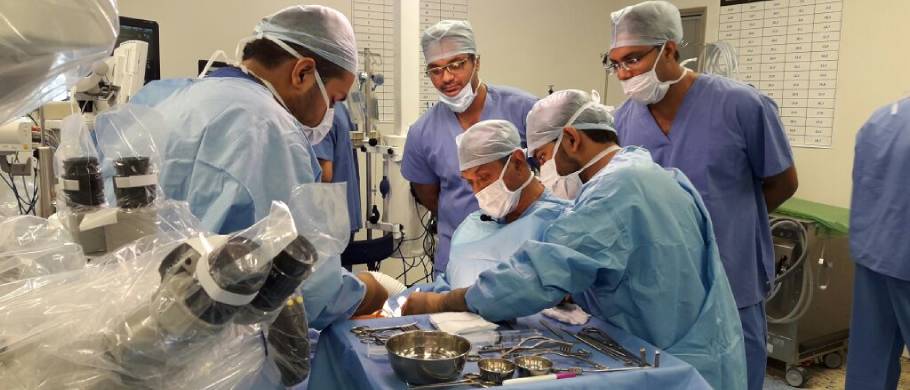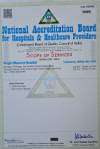What is Maxillofacial Trauma?
Maxillofacial trauma refers to any injury to the face or jaw caused by physical force, the presence of foreign objects, animal or human bites, or burns. Maxillofacial trauma includes injuries to any of the bony or fleshy structures of the face. Any part of the face may be affected. Teeth may be knocked out or loosened. The eyes and their muscles, nerves, and blood vessels may be injured as well as the eye socket (orbit), which can be fractured by a forceful blow. The lower jaw (mandible) may be dislocated by force. Although anchored by strong muscles for chewing, the jaw is unstable in comparison with other bones and is easily dislocated from the temporomandibular joints that attach it to the skull.
Causes:

Automobile accidents are a major cause of maxillofacial trauma, as well as participation in sports, fights, and other violent acts. Athletes may sustain facial injuries from colliding with other players (as in football or rugby), from direct contact with equipment (baseball bats, hockey sticks, goal posts, parallel bars, etc.), or contact with other objects related to the sport (baseballs, hockey pucks, lacrosse balls, skis, etc.) People most at risk are athletes, anyone who drives a vehicle or rides in one, and those who live on farms, do dangerous work, or engage in aggressive types of behavior. Animals are a common cause of maxillofacial trauma. Horses and other large farm animals can cause severe injury to the face and jaw from kicks or bites. Also, some large pet dogs can bite hard enough to fracture a small child’s facial bones. Domestic violence and abuse is also a common cause of facial injuries in children and adolescents.
Symptoms:
The major symptoms of most facial injuries are pain, swelling, bleeding, and bruising, although a fractured jaw also prevents the person from working his jaw properly. Symptoms of a fractured nose include black eyes and possible blockage of the airway due to swelling and bleeding. Symptoms of eye injury or orbital fracture can include blurred or double vision, decreased mobility of the eye, and numbness in the area of the eye. In severe injuries, there can be temporary or permanent loss of vision.
Treatment:
Treatment of maxillofacial trauma varies according to the type and extent of the injury.
- Nose: Another common maxillofacial fracture is a broken nose. The bones that form the bridge of the nose may be fractured, but cartilage may also be damaged, particularly the nasal septum that separates the two nostrils. If the child’s nose is hit from the side, the bones and cartilage are displaced to the side, but if hit from the front, they are splayed out. Severe swelling can inhibit diagnosis and treatment. Mild trauma to the nose can sometimes heal without the person being aware of the fracture unless there is an obvious deformity. The nose will be tender for at least three weeks. Either before the swelling begins or after it subsides, some ten days after the injury, the doctor can assess the extent of the damage.
- Eyes: In the case of orbital fractures, there is a great danger of permanent damage to vision. Double vision and decreased mobility of the eye are common complications of facial trauma. Surgical reconstruction may be required if the fracture changes the position of the eye or there is another facial deformity. Proper treatment of these injuries requires a maxillofacial surgeon. When the eyes have been exposed to chemicals, they must be washed out for 15 minutes with clear water. Contact lenses may be removed only after rinsing the eyes.
- Head injuries: Treatment for a head injury requires examination by a primary care physician unless the child’s symptoms point to a more serious injury. In that case, the victim must seek emergency care. A concussion is treated with rest and avoidance of contact sports. Very often athletes who have suffered a concussion are allowed to play again too soon, perhaps in the mistaken impression that the injury is not so bad if the player did not lose consciousness. Anyone who has had one concussion is at increased risk of another one.
How do I make an appointment?
The appointment process at Devgiri Memorial Hospital PCMC Pune is very simple. You can directly call on 09657002695. Also with the help of the “Book an Appointment” Form you can book your appointment by just filling in the basic information. We will contact you via email or phone call to confirm your appointment.



